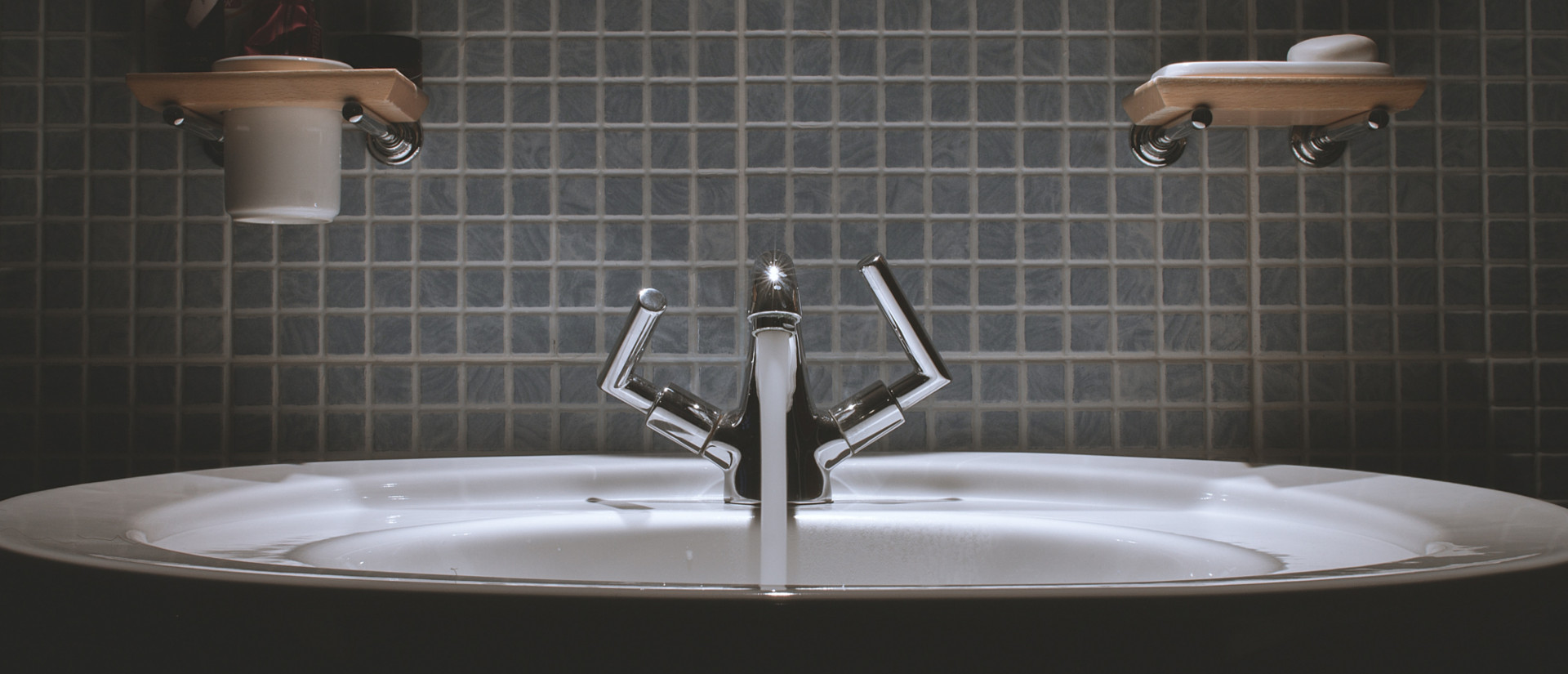Wild Camping Guide Pt. 3 – How to reconcile wild camping and personal hygiene

Camping often conjures up mixed images: beautiful wilderness and exhilarating hikes but with rather dubious personal hygiene. And of course, you won’t find any toilets, sinks or showers in the forest. That being said, it only takes a few basic techniques to considerably increase your comfort and cleanliness when in the wild.
Wash Yourself
Even washing your hands can be complicated if you can't find water nearby. We advise you to always carry wet wipes with you. Sure, this creates extra waste, but at least it will allow you to clean your whole body. Do not discard your wet wipes when in the wild, but keep them in a resealable plastic bag until you find a trash can to throw them in. If you’d prefer to wash with water, you can buy a portable camping shower: these come in the form of a flexible plastic tank, from 10L to 30L on average, which you can fill as soon as you find a water source. They are equipped with a hook and eyelet, so you can easily hang them on a branch. They also have a tap and a hose with a shower head, so you can manage the flow of water. Depending on where you go, you’ll often find rivers, which you can use as a source of water. However, it’s always necessary to check the quality of the water beforehand. Some rivers are not recommended because they are too polluted. Water alone is not always enough to wash yourself: that's why there are biodegradable outdoor shower gels. For drying, micro-fibre camping towels are very practical. The Sea to Summit brand, for example, offers a great collection of ultra-light outdoor towels. Microfibre towels have quickly become backpackers' best friends: they don’t take up much space and dry very quickly. And even if the towel is still a little damp, you can still use it.
Washing your laundry
Washing clothes in a river is usually not a problem, except that it takes time. The easiest way is to wash your clothes in a sink. It’s a good idea to have enough clothes with you to last 7 days before reaching civilisation again. Drying your clothes requires a little more creativity. There are several ways to dry your things quickly:
Hanging laundry on the bike
If you travel by bike, you can hang your damp clothes from it while riding. Even riding at a gentle pace allows clothes to dry in the wind. On the other hand, they may also get dirty more quickly and ruin your efforts to wash them. Obviously, this technique is not recommended for the city.
Drying laundry by a river
Drying your laundry in the sun by a river can be very effective, especially if the river bank has large stones that absorb the sun's heat, thus speeding up drying. Take advantage of this time to take a nice break and possibly eat something.
Hanging laundry from your tent
The advantage of hanging laundry from your tent is that you can let it dry overnight. It obviously doesn't work if it rains and depending on where you are, the nights can be very humid. But if you are near the tropics, we can only recommend it.
Using the toilet
On many busy roads you’ll find frequent rest stops with public toilets. If you’re riding somewhere more remote, you should be careful when choosing your location to make sure it’s free of problematic animals and insects. In order not to disturb anyone, in some areas, you should also bring a small shovel to bury your excreta.
Deodorant: yes or no?
If you want to use deodorant, ask yourself what exactly you want it to do. Sweat has a real regulating function for our body; but preventing our body from sweating is not without its consequences. Instead, use the deodorant on days when you don't work too hard (or not at all), directly after showering or before going to town. Otherwise, washing every day is enough to avoid unpleasant odours and the less deodorant you use, the better for it is for your health and the environment.
Brushing your teeth
A toothbrush should be at the top of the list of essential utensils. But if you really want to travel ultra-light, you can do without one: using your finger and a little toothpaste powder instead of paste can lighten your backpack by a few grams. That's about it for our advice on backpacking hygiene. We hope you’ve found this article interesting.
